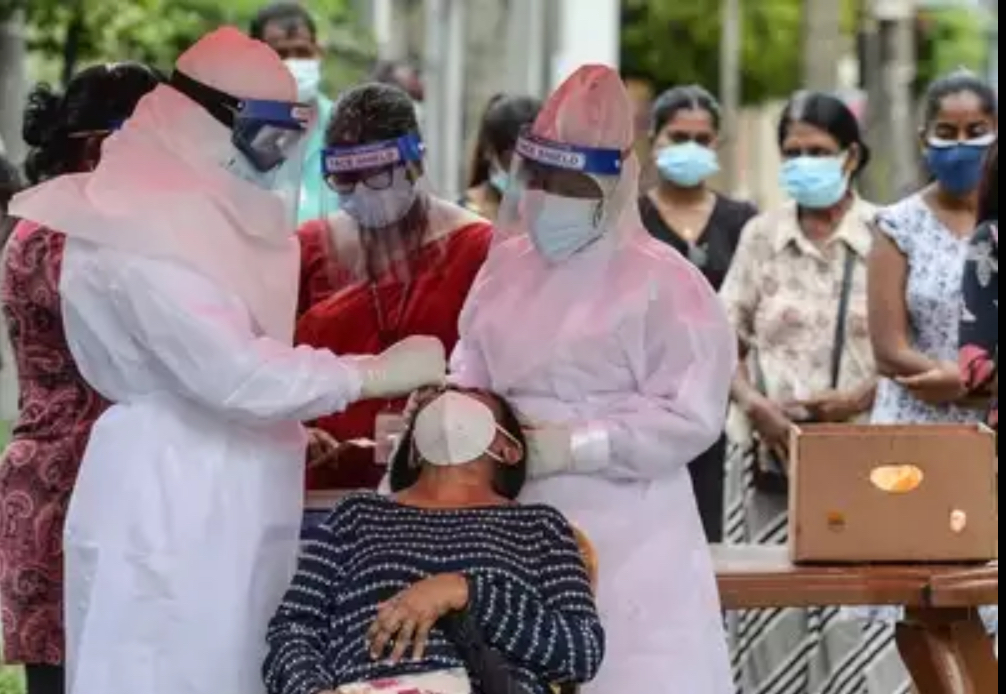The Delta variant of SARS-CoV-2 carries a higher risk of causing more severe Covid-19, and the AstraZeneca vaccine is less effective on it compared to the Alpha variant, a new study has found.
The Delta variant or B.1.617.2 — first detected in India — carries a number of mutations in the spike protein that have been linked to increased transmission of the virus. The Alpha variant or B.1.1.7 was first identified in the UK.
Although vaccines currently in use have been shown to work effectively against Delta, several studies have reported that the variant could reduce the ability of the vaccine-induced antibodies to neutralise the virus.
The latest study published in an article in The Lancet journal was by researchers from Scotland who studied Covid patients between April and June this year.
By 1 April, according to the team, 44.7 per cent of the population in Scotland had received one dose of a Covid-19 vaccine, and 7.6 per cent both doses.
Among people aged 65 years or older, the corresponding figures were 91.2 per cent and 15.9 per cent, respectively. By the end of the study period — i.e, 6 June — 59.4 per cent had received one dose and 39.4 per cent two doses. The corresponding proportions were 91.7 per cent and 88.8 per cent, respectively, for those aged 65 years or older.The Covid vaccines included Oxford–AstraZeneca and Pfizer–BioNTech.
What the researchers found
The study by Scotland researchers found that the risk of hospital admission was approximately double in Covid patients with the Delta variant, compared to those with the Alpha strain.
The risk of hospital admission was also found to be particularly increased in those with five or more relevant comorbidities.
While the researchers found both AstraZeneca and Pfizer vaccines effective in reducing the risk of SARS-CoV-2 infection and hospitalisation in people with the Delta variant, the effects on the infection appeared to be diminished when compared to patients with the Alpha variant.
The team also found that the Oxford–AstraZeneca vaccine appeared to be less effective than the Pfizer–BioNTech vaccine in preventing SARS-CoV-2 infection in those with the Delta variant.
The findings have significant implications for India where the Delta variant is most prevalent and 90 per cent of the population is receiving the AstraZeneca vaccine. In India, this vaccine is being produced by the Serum Institute of India under the brand name Covishield.
Already, the Delta variant has evolved further to give rise to what is being called the Delta Plus strain, which has mutations associated with immune escape properties. (Courtesy- The Print)





